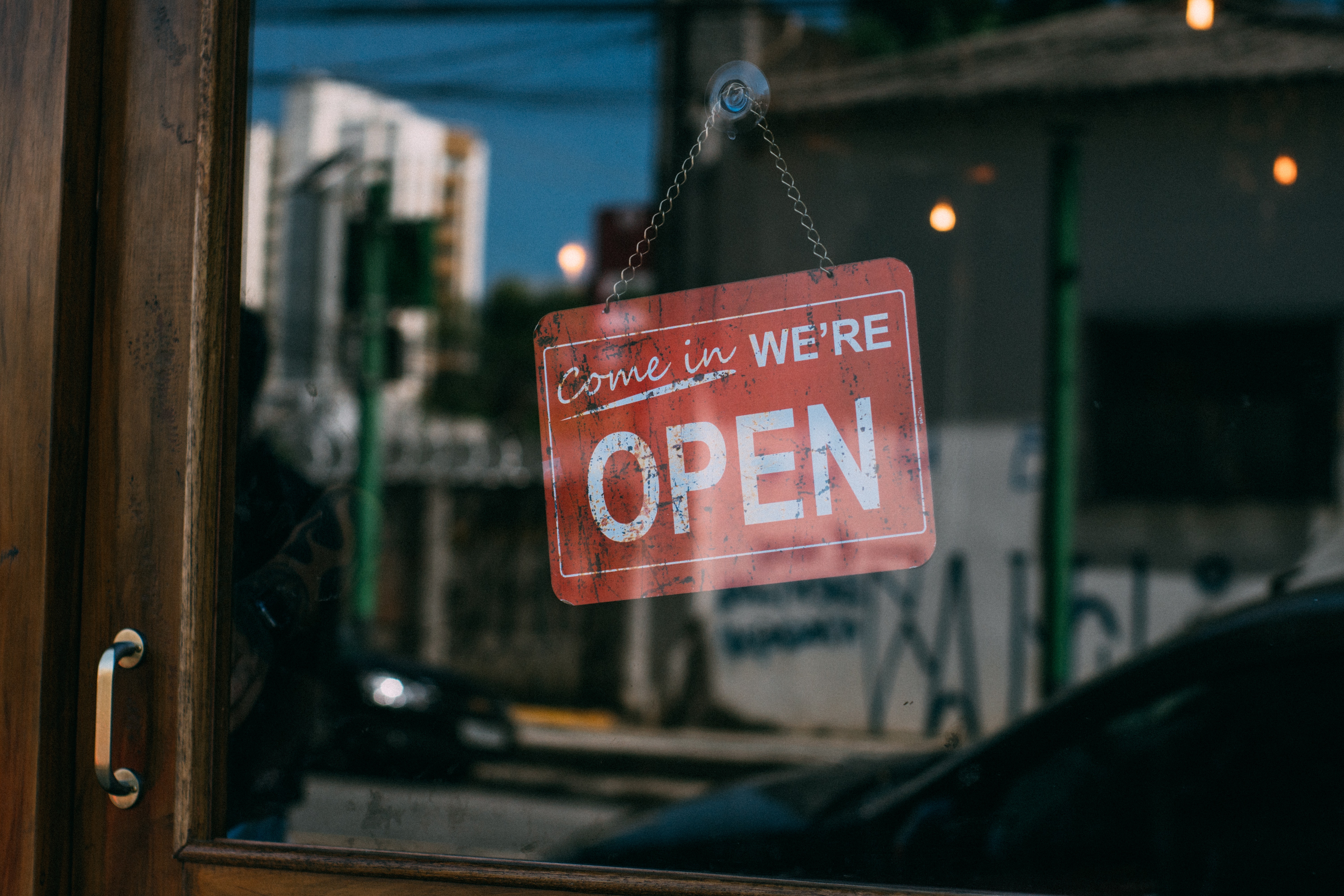Going to the right place

It is vitally important that you do your homework and makes sure you go to a reputable place to get your tattoo or piercing. This means a clean environment, staffed by tattoo artists or piercers who follow good hygiene practices and provide the best possible aftercare. This makes it less likely that you’ll get an infection.
A tattoo studio should have a good reputation and be licensed or accredited.
- Visit beforehand and make sure everything you can see is clean and has been sanitised.
- Look up reviews online or get word-of-mouth recommendations from people who have used the studio before and were happy with the outcome.
- If a studio makes it hard to see what they do or who they are, and if they don’t have a website or social media page showing off their work, it’s usually not a good sign. Always try to see as many examples as possible of the artists’ work.
If you’re thinking about a piercing, ask the studio what equipment they use to do their piercing. Almost all piercings should be done with a hollow needle, not a piercing gun.
- Piercing guns use the relatively blunt stud to pierce the skin instead of a sharp point. This displaces tissue and can lead to scarring and tissue damage.
- They’re also more difficult to sterilise between uses, which means your piercing is more likely to get infected.
If you’re thinking about a tattoo, you may want to choose a specific tattoo artist rather than simply going to the studio and seeing who’s available. Make sure the artist is experienced and can do the kind of tattoo you’re looking for.
- A lot of artists specialise in certain techniques, and might not be able to do the type of tattoo you want. On the other hand, you might find an artist who does do the style you’re looking for, but who has a year-long waiting list. You should plan well ahead and know what you want and who you want to do it.
- Think about what makes a tattoo badly done – things like ink bleeding, dull, muddy colour, and poor line definition. Bad technique will affect the look and how long the tattoo lasts, but it might also increase the risk of infection and scarring.
Most studios should offer a consultation before you take the plunge.
- This is a good time to talk over exactly what you want and what it will involve. Some tattoos can take multiple sessions to complete, and this is your opportunity to ask about how long it should take to heal and any aftercare required.
- It’s also a good idea to bring up your diabetes at this stage. Your artist may require a letter from your GP or diabetes care team stating that it’s safe for you to get a piercing or tattoo.
- You might also want to check about other health issues – such as if you have any allergies or have a personal or family history of keloids, a kind of abnormal scarring.
- This is your best chance to check that the studio is clean and safe and that the artist can do exactly what you want. You don’t have to commit to the studio at this stage if you’re not sure.
You should be asked to sign a consent form, and no good studio will tattoo you if you are drunk.
- It can be tempting to get a tattoo on the spur of the moment, especially if you’re at a festival or if you’ve been drinking. However, tattoo stands at open-air events are hard to keep clean and sanitary, and if anything goes wrong it will be very difficult to hold them accountable.



Leave a Reply
You must be logged in to post a comment.